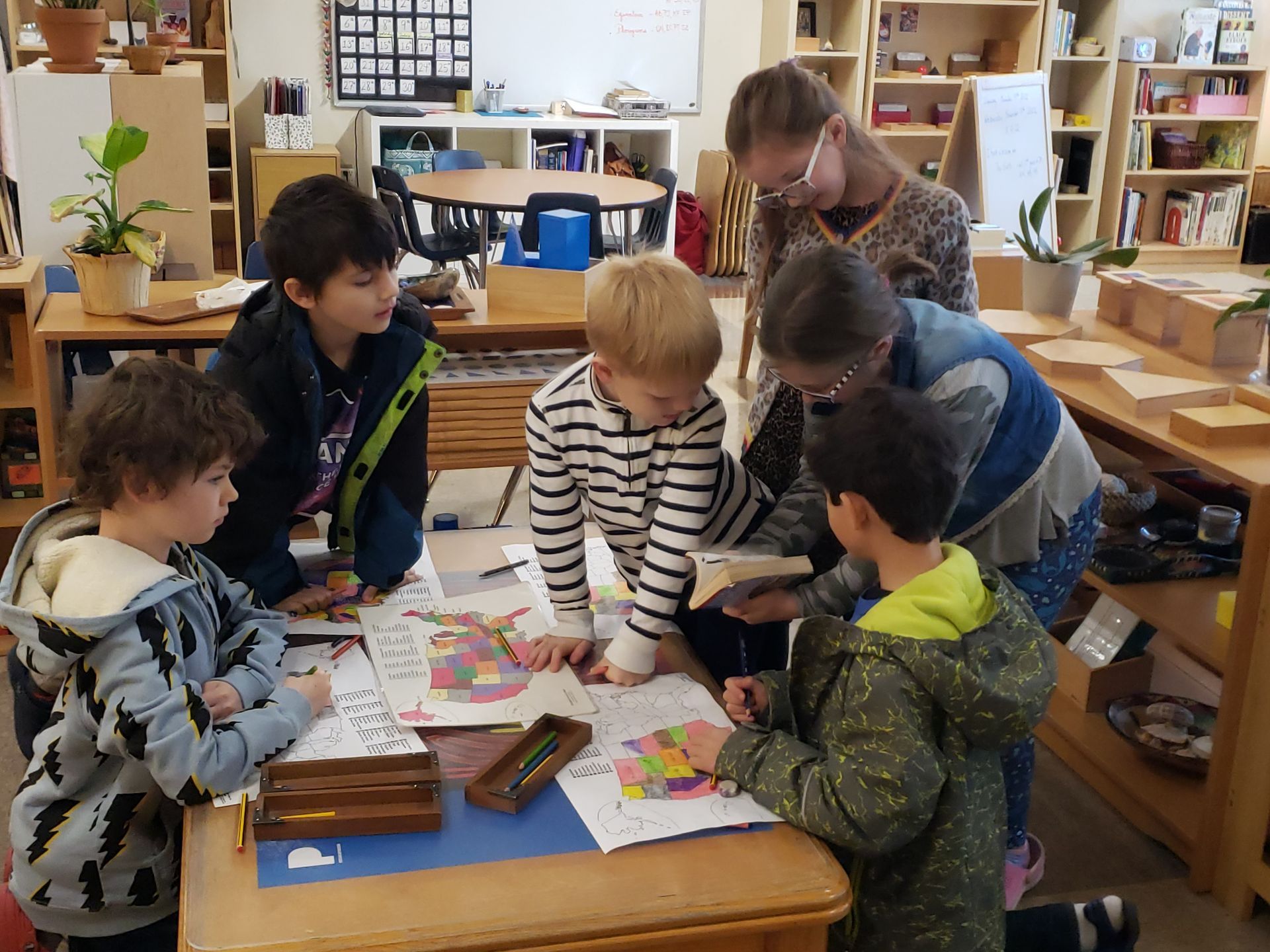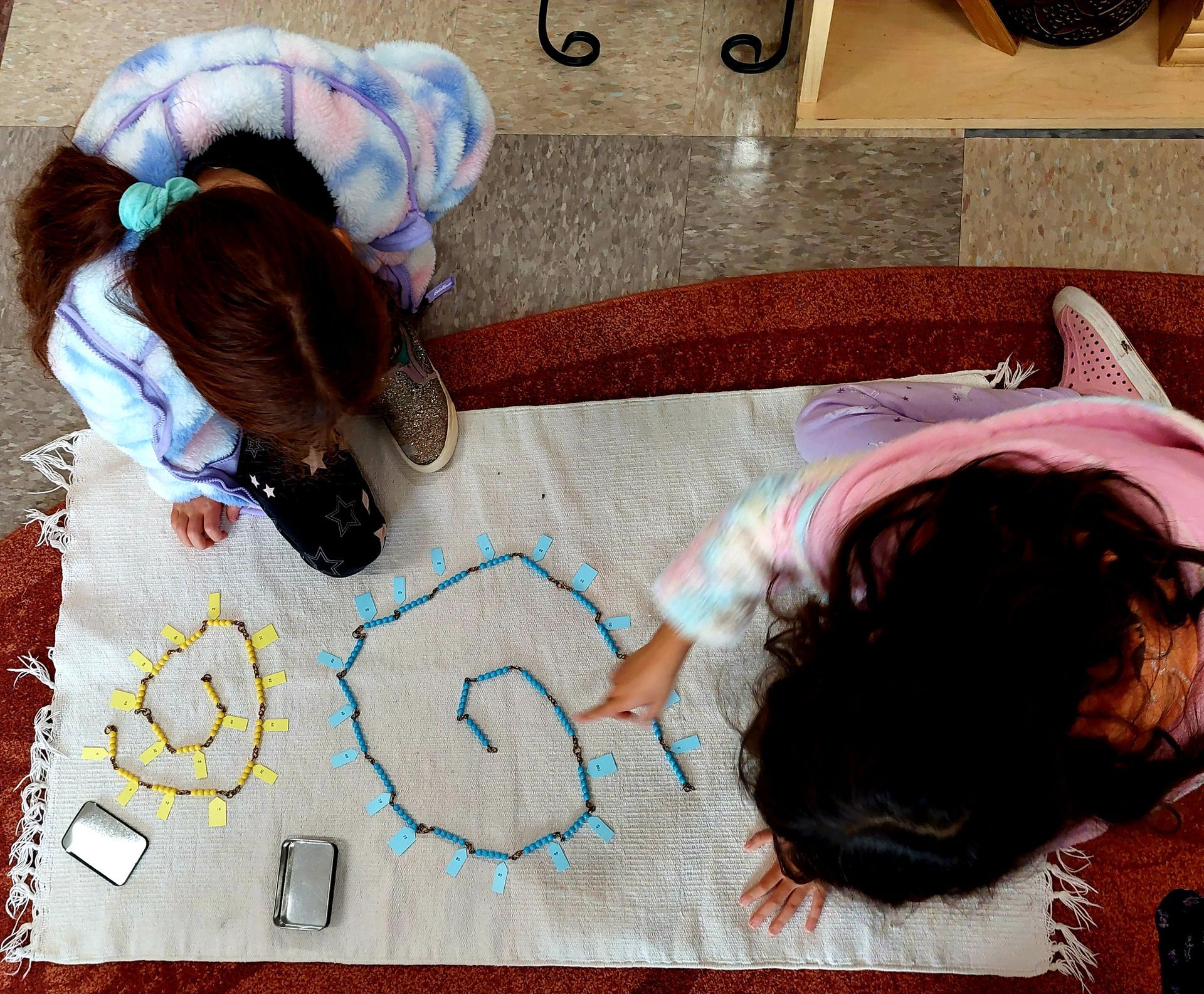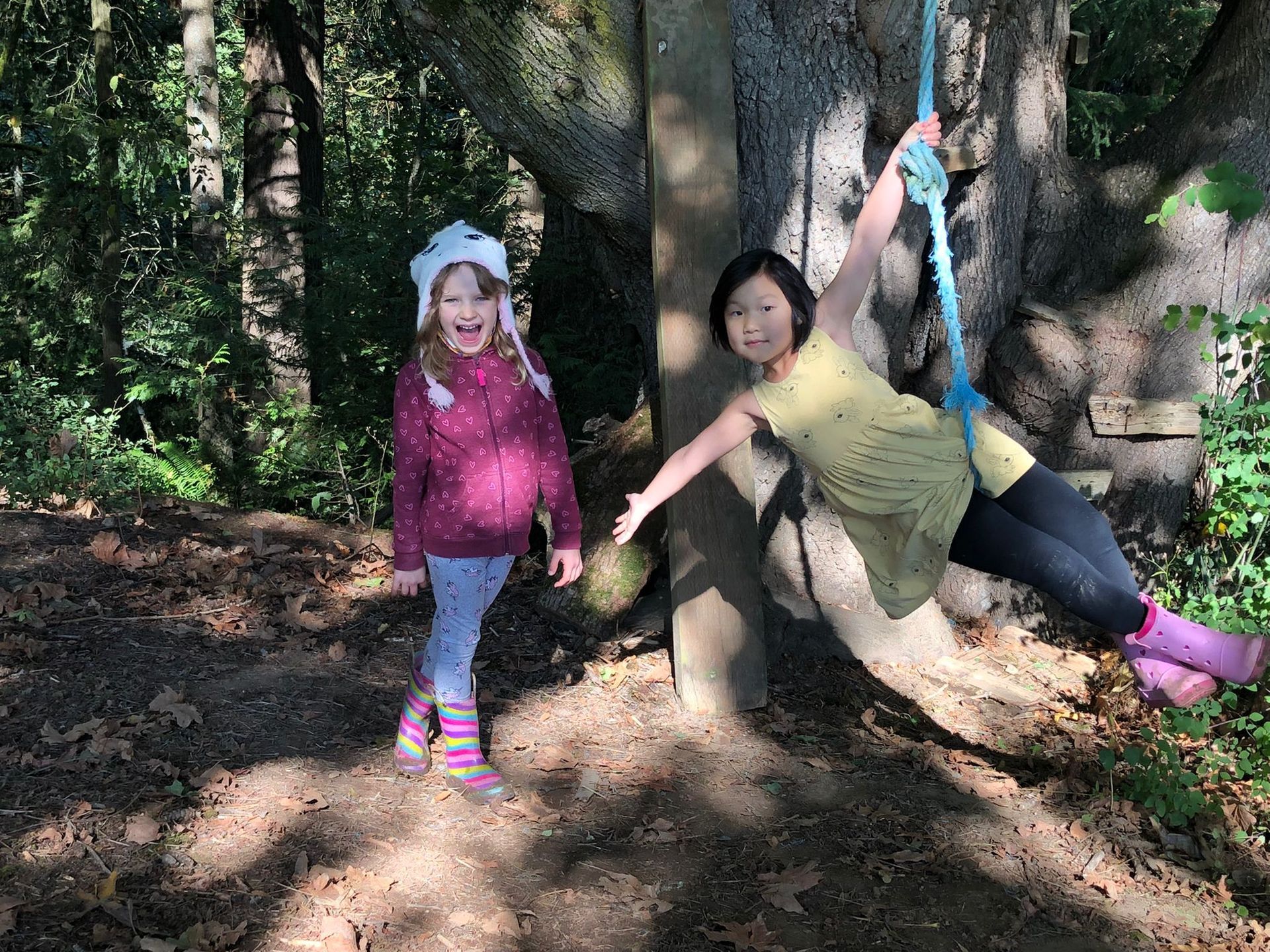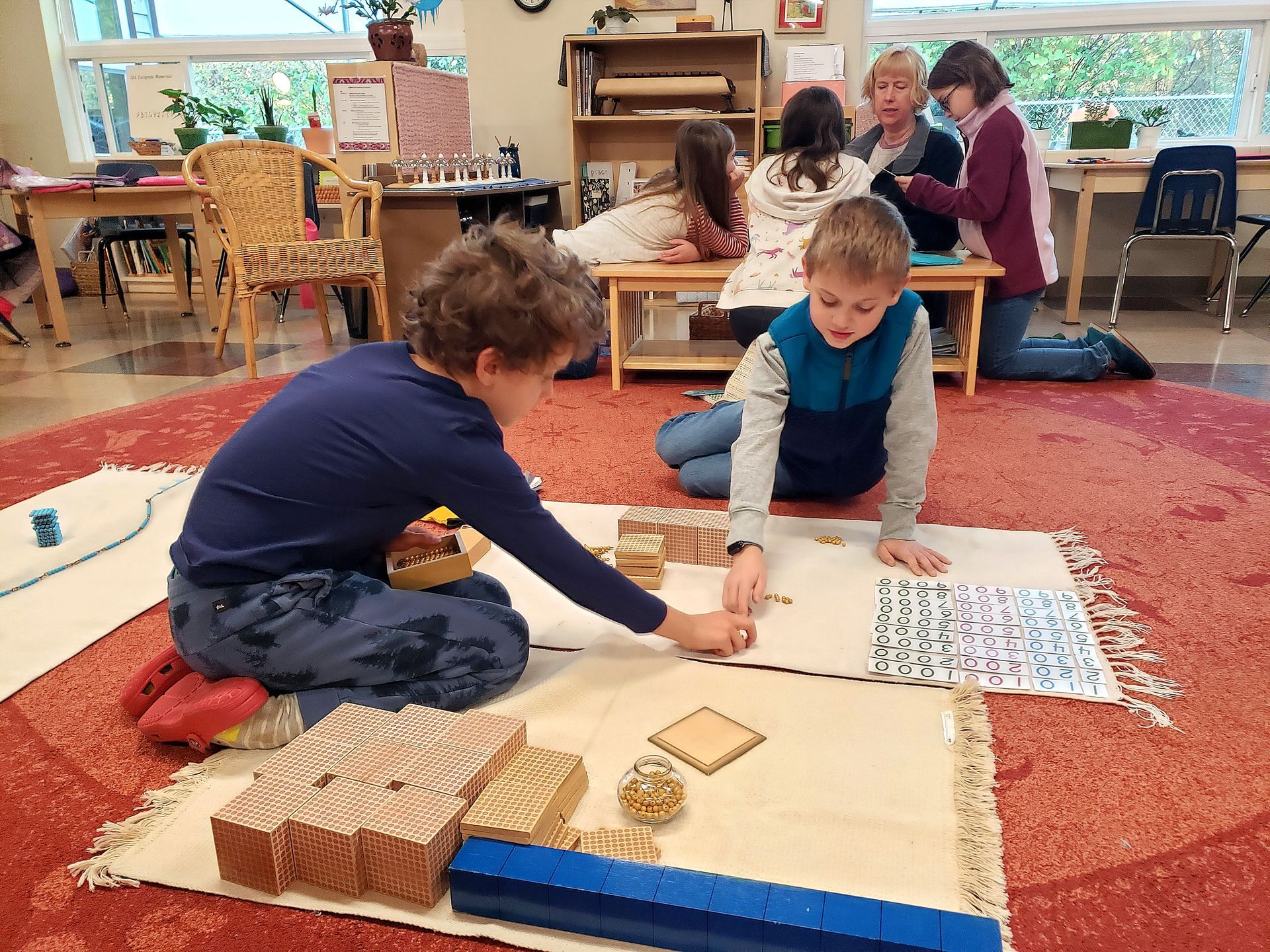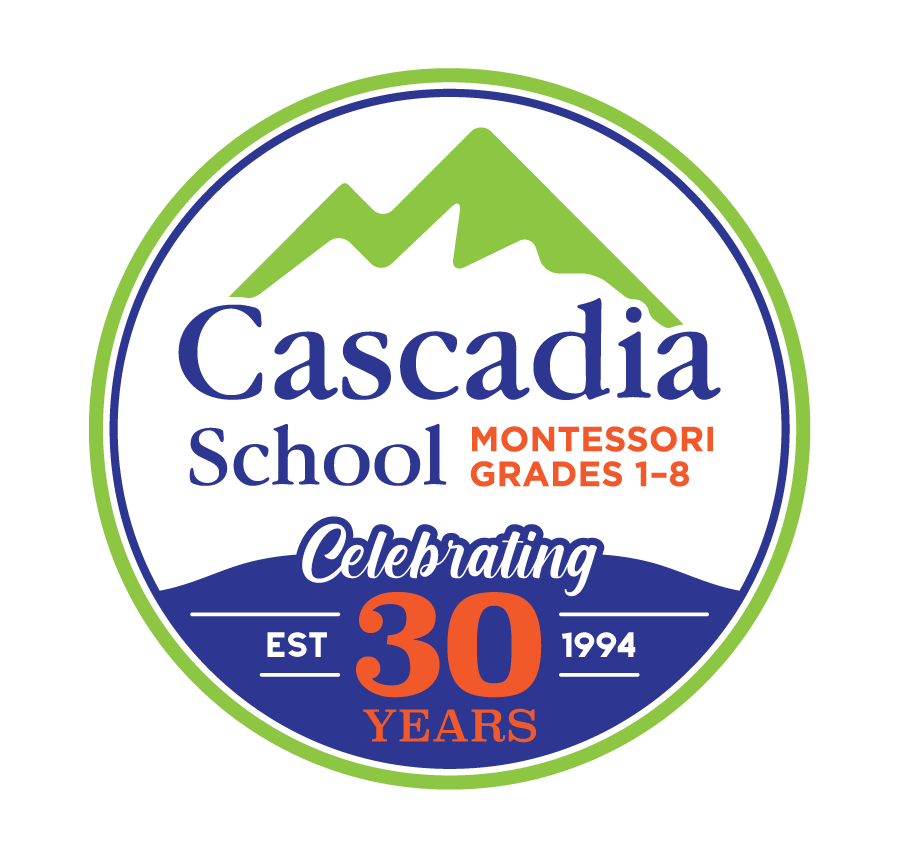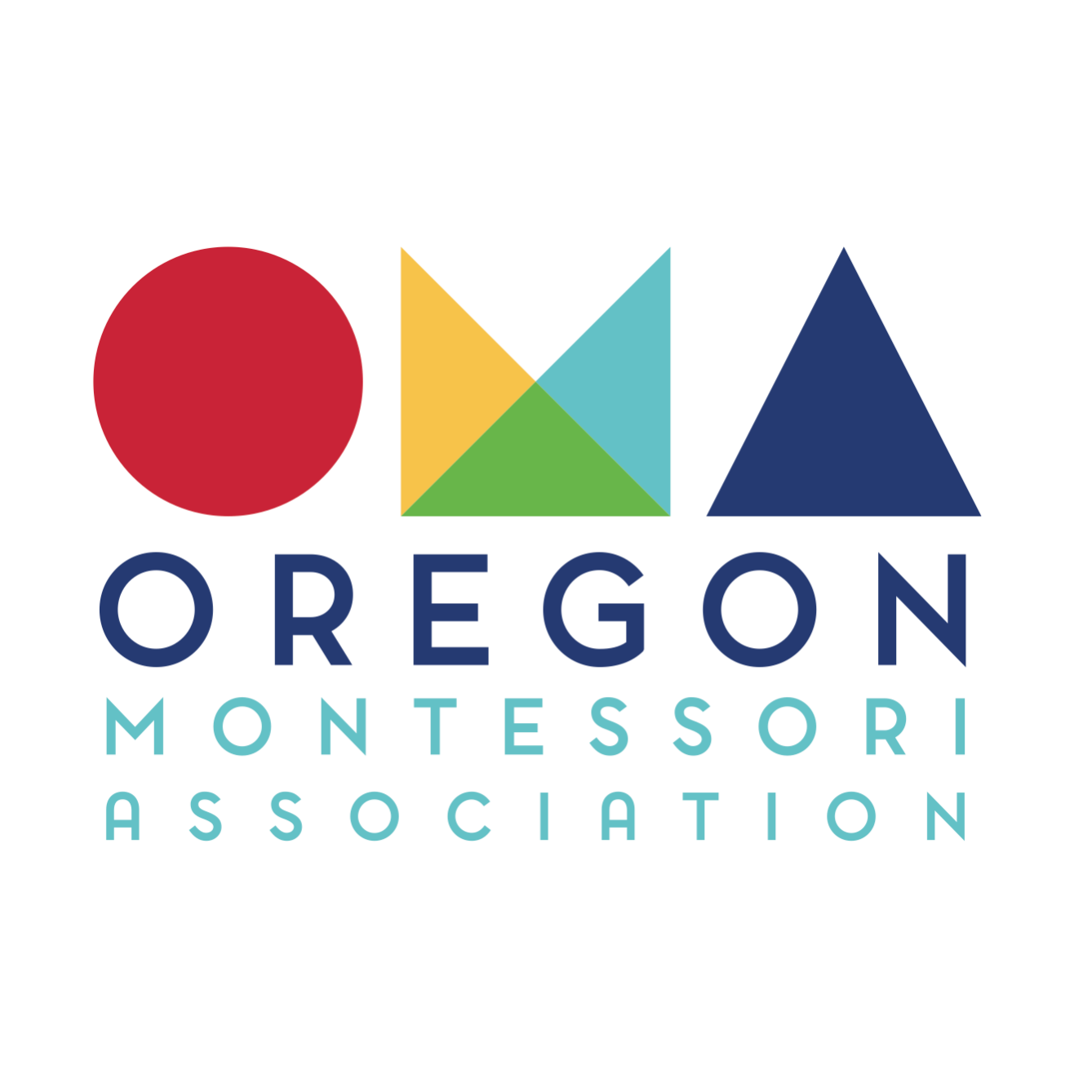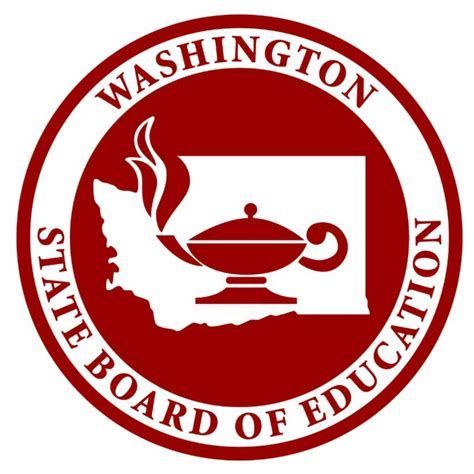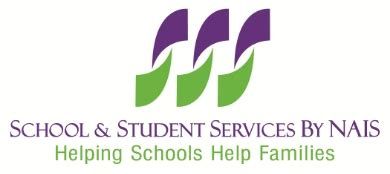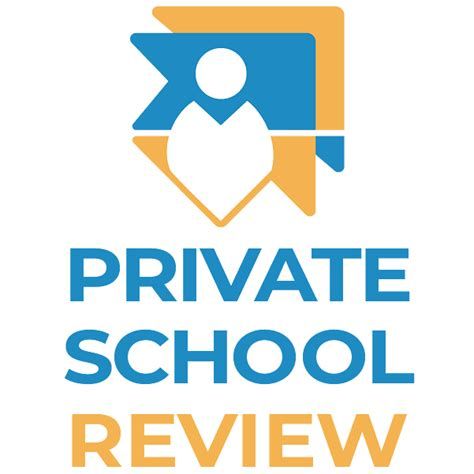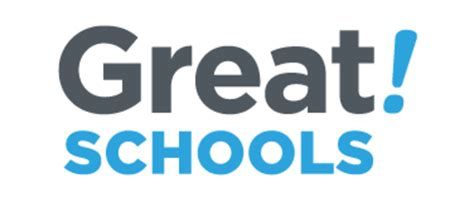Elementary
Learning How to Think
grades 1 - 6

The elementary years are a period of tremendous intellectual activity and interest during which students actively question every part of life and culture. The Cascadia Montessori elementary curriculum accommodates this innate intellectual interest and motivate students to pursue and express their interests in all subject areas. The Cascadia elementary curriculum encompasses introductory and in-depth work and exploration in language, mathematics, history, music, zoology, botany, geography, art, and drama.
Classroom Community
The elementary student, with their emerging social consciousness, is learning to be both an individual and an integral part of a larger group. At Cascadia this awareness is addressed through small group lessons and projects; collaborative experiences between peers and teachers at every level; individual and group decision-making opportunities regarding class work and community issues; and participation in conflict resolution activities.
Encouraging students to participate in meaningful group decisions fosters a sense of belonging and fans a desire to participate in a larger community and offer their own contributions. This process is further developed through the multi-year tenure that students experience in each level. The levels of Lower Elementary and Upper Elementary each encompass a three year span (first through third year students, and fourth through sixth, respectively), while Middle School encompasses a span of seventh and eighth year students. Leadership, learning from other children and learning team building skills develop naturally in a multi-grade environment.
This mixed-age group setting offers a wealth of social-emotional learning opportunities. Children practice navigating relationships through the social dynamics of the class, and are supported to learn through conflicts.
Going Outs
When children in the elementary program explore a topic and need resources outside the classroom, they have the freedom to schedule a going out. During a Going Out, children navigate our community with adult support to find what they need to continue their course of study on a particular topic. Early on in Elementary, children who demonstrate readiness have lessons on how to plan and schedule a Going Out.
The Going Out experience fosters independence, responsibility and good citizenship while expanding academic knowledge of a subject. Resources the children might acquire during a going out could include additional books from the public library on a certain topic, art supplies or construction materials to build models. Children might also take part in a small research excursion (nature study, zoo, museum, cultural event, etc.) Staff or parents/guardians accompany children on going outs and help with transportation.
Parent Engagement
These are some of the ways we communicate with our current families.
- Transparent classroom (our documentation and communication hub)
- Twice-yearly conferences
- Parent Information Nights
- Classroom Observations
Supporting Inclusivity
At Cascadia, we believe every child has the right to be included as fully as possible and we strive to support all learners. We see Montessori pedagogy as the best path toward that goal. It naturally builds in accommodations and supports within the prepared environment, as it is innately child-centered and child-paced, allows for the child to move freely within the classroom, and is adaptable to many levels and learning styles.
An inclusive program is not fully inclusive without the involvement of parent(s)/guardian(s), staff, and our wider community. Cascadia is committed to welcoming all students and we work in partnership with families, specialists, and therapists as much as possible to support the needs of each child. We recognize that neurodiverse students may need additional services beyond our trained guides, and as a small non-profit school, Cascadia does not have all the services and resources accessible to larger schools. However, at Cascadia we:
- Utilize assessment tools to monitor all students’ progress with literacy.
- Are willing to partner with therapists to make accommodations for the child such as seating, fidgets, noise-canceling headphones, etc., as recommended.
- Offer direct instruction through a structured literacy model to support emerging readers and children who struggle with literacy.
- Provide Orton Gillingham instruction and on-site tutoring for students with characteristics of dyslexia.
- Partner with outside services, resources, and classes for families when necessary.
- Provide instruction and books within the classrooms to create awareness and an inclusive environment for all our students.
“My children enjoy school, have gained confidence and learned a wealth of information and skills with very little stress. That is how learning should be!”
- A Cascadia Parent
If you think your child would thrive in a Montessori environment, give us a call or schedule a tour online. We would love for you to visit our school and learn more.
PROGRAMS
Cascadia School is a 501(c)(3) Nonprofit Organization
Privacy Policy | Accessibility
Cascadia School
Cascadia School
